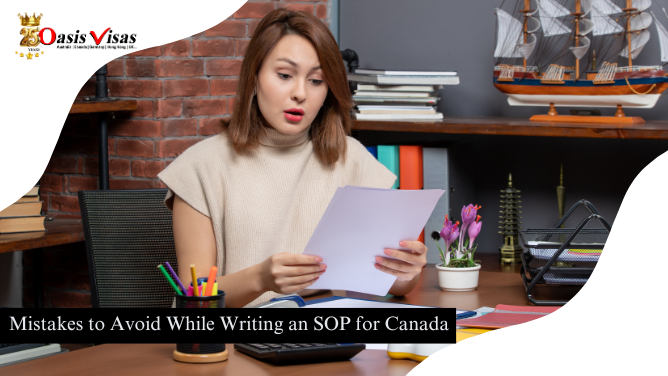
In Canada, for the first time in 10 years, IRCC is set to review Post-Graduation work permit to increase the number of employees.
On October 27th, Immigration, Refugees, and Citizenship Canada (IRCC) gave updates about the International Student Program, aiming to make it stronger and protect students from fraud in the upcoming months.
To make sure study permits are genuine, Designated Learning Institutions (DLIs) must confirm each applicant’s acceptance letter directly with IRCC. IRCC plans to introduce a “recognized institution” framework by the fall semester of 2024, offering benefits to DLIs, like faster processing of study permit applications.
IRCC also shared intentions to review the criteria for the Post-Graduation Work Permit (PGWP) in the next months. They will make changes to better match it with the country’s job market needs and regional, as well as Francophone, immigration goals. This review is the first in ten years.
Post- Graduation Work Permit
A Post-Graduation Work Permit (PGWP) is a chance for international students who complete a qualifying Canadian post-secondary program to work in Canada. With a PGWP, you get the freedom to work for any employer in the country.
The PGWP’s duration, which can be up to three years, depends on how long your Canadian educational program was. One significant benefit of the PGWP is that it provides valuable professional work experience in Canada. This experience is crucial for those who want to apply for Canadian immigration.
Having work experience through a PGWP is particularly useful for those planning to apply for Canadian permanent residency. Many of Canada’s immigration paths prefer applicants with a background of studying or working in Canada. Usually, a PGWP holder needs to gather a year of work experience in a National Occupational Classification (NOC) code of 0, A, or B to meet the criteria for Canadian permanent residency.
Understand the Eligibility Criteria of PGWP
To be eligible for a Post-Graduation Work Permit (PGWP), international students need to fulfill specific criteria:
1. Completion of studies: Finish a program, whether academic, vocational, or professional training, lasting a minimum of eight months at a recognized Designated Learning Institution (DLI). The program should lead to a degree, diploma, or certificate and also keep information about how to identify a reputed Designated Learning Institute in Canada.
2. Full-time student status: Maintain full-time student status in Canada throughout each academic session within the completed program or programs. This status should be evident in the post-graduation work permit application.
3. Documentation: Provide a transcript and an official letter from the DLI confirming that the applicant has met the requirements for completing their study program.
4. Graduation from eligible institutions: Graduate from a public post-secondary institution (e.g., college, trade or technical school, university), CEGEP (in Quebec), a private post-secondary school (in Quebec) following public school rules, or a Canadian private school authorized to grant degrees under provincial law.
It’s essential to note that Canada has temporarily eased the full-time student requirement due to the COVID-19 pandemic for specific international students. Exemptions may apply to those who began studying between spring 2020 and summer 2022 or whose program was already in progress in March 2020. Exceptions may also be considered for students who took a leave from their studies in their final academic session.
If you want to know more about Post – Graduation work Permit. Consult with us. Oasis visas will help you.









